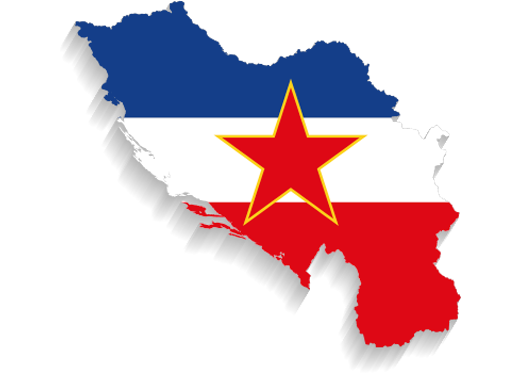(Grant Agreement n. 669194)
The leading federal banking institution was the Narodna Banka Jugoslavije (National Bank of Yugoslavia). As its archives are not open to researchers, it is difficult to assess how this institution dealt with the financial aspect of relations with the European Economic Community (EEC). However, the role of this bank’s authorities seems to be marginal in federal debates devoted to Yugoslavia’s relations with the EEC. Representatives of the bank were not involved in debates within the Federal Executive Council (Savezno izvršno veće) which reviewed and discussed Yugoslavia’s position towards the EEC and adopted policy decisions. Papers from the Federal Foreign Trade Secretariat (Savezni Sekretarijat za Inostrane Poslove) on relations with the EEC also reveal how the financial aspect of this relationship was treated only marginally. This was most probably due to the fact that despite the rise in Yugoslavia’s foreign debt to its Western partners during the 1970s the EEC as such did not possess direct competence in the financial field. Solutions to the country’s constant trade deficit were mainly sought through commercial instruments (i.e. trade concessions and import substitution strategies). Overall, debates within the Federal Executive Council reveal its members’ consciousness of the lack of a federal financial strategy and, conversely, the primary role of republican and regional banks in steering the process of credit imports, projecting an image of an incapacity of the federal authorities to master the rise in the country’s foreign indebtedness. It is therefore possible to say that republican banking institutes were more involved with the authorities of the republics and autonomous provinces in the effort to satisfy the latter’s import hunger, and were somewhat marginal in shaping federal strategies on how to respond to the Western European integration challenge.
* This text summarises some of the research findings of PanEur1970s team member Benedetto Zaccaria, which are published as a chapter in PanEur1970s’ academic edited book. For a link to the e-book, please see Yugoslavia’s “Overview” webpage of this map.
